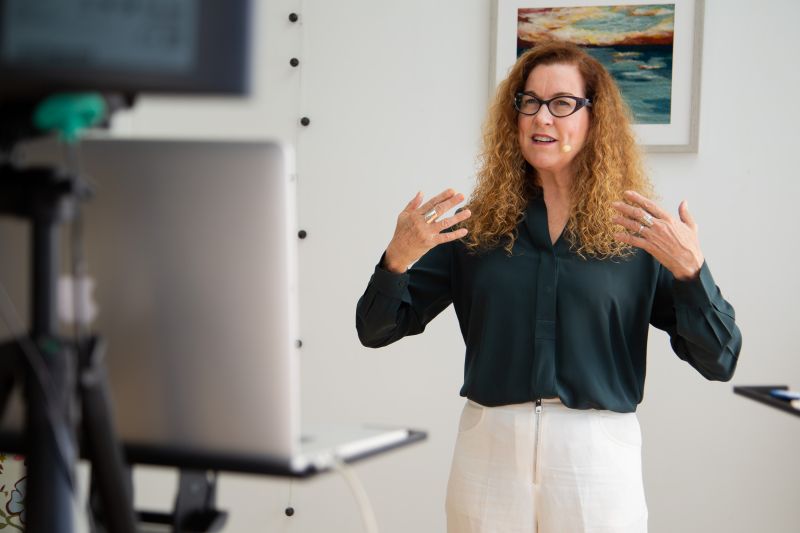
Embracing Physical Intelligence Coaching for Personal and Professional Growth
Understanding Physical Intelligence
Physical intelligence is a concept rooted in understanding and harnessing the body’s innate wisdom to enhance overall well-being and performance. Unlike emotional intelligence, which focuses on understanding and managing emotions, physical intelligence centres on developing awareness of bodily sensations, movements, and responses. At its core, physical intelligence involves tapping into the mind-body connection to improve decision-making, manage stress, and foster resilience. This holistic approach integrates insights from neuroscience, highlighting the brain’s plasticity and its ability to adapt based on physical experiences and sensory input.
The Importance of Physical Intelligence in Daily Life
Enhancing self-awareness is a fundamental benefit of developing physical intelligence. By tuning into bodily cues and signals, individuals can better understand their emotions, reactions, and overall state of being. This heightened awareness not only facilitates more informed decision-making but also promotes a deeper connection with oneself. Moreover, physical intelligence plays a crucial role in improving decision-making processes. By leveraging physical awareness, individuals can make decisions that align with their values and long-term goals, thereby enhancing personal and professional outcomes.
Techniques and Practices in Physical Intelligence Coaching
Physical intelligence coaching encompasses a range of techniques designed to enhance mind-body connection and overall well-being. Mind-body exercises such as deep breathing and mindfulness meditation are integral to this approach, promoting relaxation, reducing stress, and improving mental clarity. Movement-based practices, including yoga and tai chi, further strengthen physical intelligence by enhancing coordination, flexibility, and balance. Additionally, nutritional adjustments and lifestyle modifications support optimal physical and mental health, complementing the holistic benefits of physical intelligence coaching.
Integrating Physical Intelligence in Professional Settings
In the realm of professional development, physical intelligence offers significant advantages. Leaders can cultivate effective communication skills and foster team cohesion by incorporating physical intelligence practices into their leadership approach. By understanding and responding to non-verbal cues, leaders can enhance their ability to inspire trust and motivate teams. Moreover, individuals can boost productivity and creativity through physical intelligence techniques, such as incorporating movement breaks into the workday or practising mindfulness to maintain focus and mental clarity.
Personal Growth through Physical Intelligence
Beyond professional settings, physical intelligence plays a pivotal role in personal growth and development. Building confidence and self-esteem is a common outcome of integrating physical intelligence practices into daily life. By overcoming self-doubt and negative self-perceptions, individuals can cultivate a positive self-image and belief system. This self-assurance extends to personal relationships, where enhanced physical awareness fosters deeper connections and empathy. Furthermore, achieving work-life balance becomes attainable through strategies that promote holistic well-being and sustainable lifestyle habits.
Practical Applications and Tools
Implementing physical intelligence into everyday routines requires practical applications and accessible tools. Establishing daily rituals that incorporate mindfulness exercises, movement practices, and nutritional choices can significantly enhance overall well-being. Resources such as mobile apps for guided meditation, books on mind-body connection, and online courses in physical intelligence coaching offer additional support and guidance. Finding a certified physical intelligence coach can provide personalised strategies and accountability to effectively integrate these practices into one’s lifestyle.
